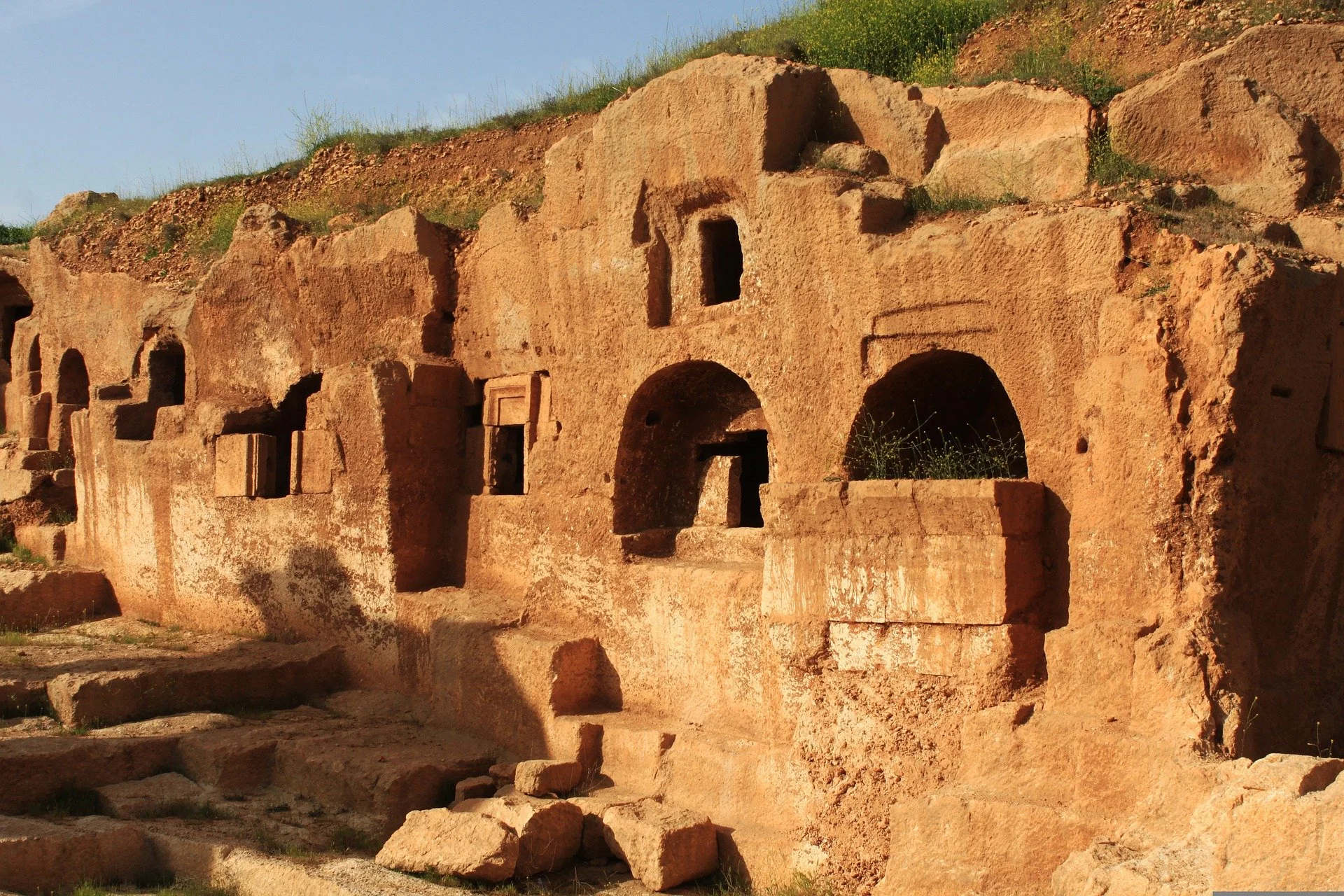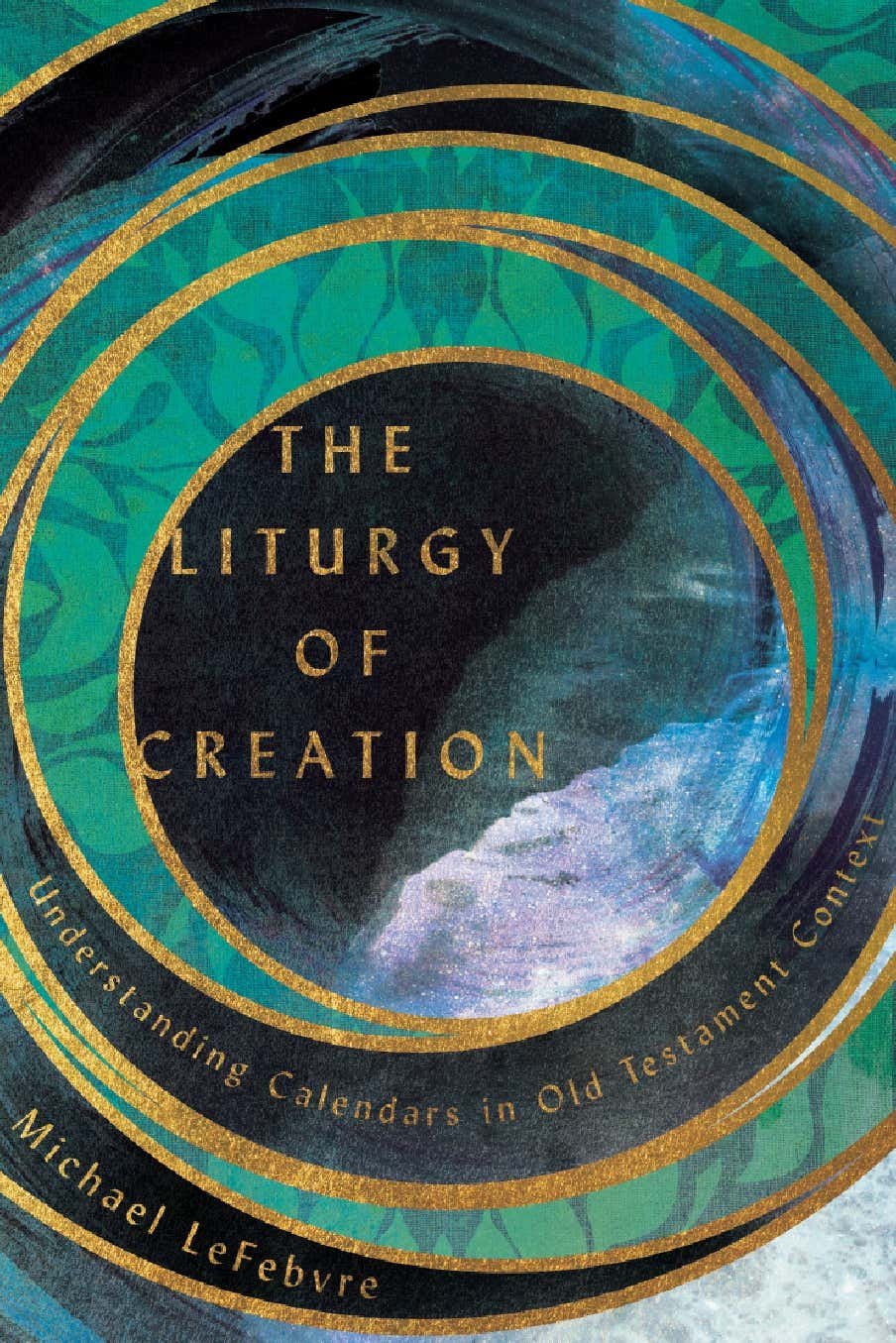In Genesis 12, God called Abram (later Abraham) to follow Him—“And Yahweh said to Abram, ‘Go forth from your land, and from your kin and from your father’s house, to the land which I will show you’” (Genesis 12:1, Legacy Standard Bible). However, Genesis does not tell us what Abraham believed about Yahweh prior to his call, so we have to go elsewhere for this information. It is commonly thought Abraham was a pagan prior to God calling him because of Joshua 24:2-3, where Joshua said to the people of Israel,
Thus says Yahweh, the God of Israel, ‘From ancient times your fathers lived beyond the River, namely, Terah, the father of Abraham and the father of Nahor, and they served other gods. Then I took your father Abraham from beyond the River and led him through all the land of Canaan and multiplied his seed and gave him Isaac.’ (LSB)
This passage teaches that Terah and his sons Abraham and Nahor “served other gods.” They were polytheists, and Yahweh “took” Abraham for Himself. However, this does not rule out the possibility that Terah and his sons were familiar with Yahweh and maybe even worshipped Him along with other gods. It simply tells us that Terah’s family worshipped false gods.
Did Abraham and Terah Worship Yahweh Along with Other Gods?
Digging through Genesis reveals some interesting verses related to this question of Abraham’s religious belief prior to God’s call. In Genesis 31:53, Laban said to his nephew Jacob:
The God of Abraham and the God of Nahor, the God of their father, judge between us.
The above is the translation found in the ESV, LSB, and NASB(1995), all of which translate the Hebrew literally. Nahor was Abraham’s brother, and “their father” was Terah (Genesis 11:26). At the time Laban spoke these words Abraham clearly worshipped only Yahweh. And the above translation implies that Abraham, Nahor, and Terah all worshipped the same God. However, the NET translates Genesis 31:53 as follows:
May the God of Abraham and the god of Nahor, the gods of their father, judge between us.
Thus, the NET takes Nahor and Terah as worshipping a different god than Abraham. This is because the Hebrew word for “God/god” is elohim, which is a plural word that can refer to the singular God or plural false gods. In the above verse, the verb “judge” is in the plural form in Hebrew. So the NET concludes that these must be plural “gods” between Abraham, Nahor, and Terah.
So why do the ESV, LSB, and NASB translate Genesis 31:53 as referring to one God even with the Hebrew verb “judge” being plural? The reason is that the word for God (elohim) is plural, and there are instances in Hebrew where the singular “God” seems to take a plural verb (e.g., Genesis 20:13, where the verb “caused to wander” is plural). It is worth noting that both the Septuagint and the Samaritan Pentateuch have a singular verb for “judge” in Genesis 31:53. In this case, the plural “judge” in Genesis 31:53 refers to the singular God of Abraham, Nahor, and Terah.
It does not seem the grammar of Genesis 31:53 is conclusive as to whether Laban referred to the “God” or “god(s)” of Nahor and Terah. Contextually, Jacob takes Laban’s words as a reference to Yahweh, as it says, “So Jacob swore by the dread of his father Isaac” (Genesis 31:53, LSB). The NET takes Laban (the speaker in Genesis 31:53) to speak of multiple gods because, as the NET notes say, he “had a polytheistic world view, as evidenced by his possession of household idols (cf. Gen 31:19).” As Genesis 31:19 shows, Laban owned “household gods” and thus was a polytheist.
However, Laban also seemed well aware of Yahweh, the God of Abraham, and it is possible Laban worshipped Yahweh in addition to other gods. This is seen in Genesis 24:31, where Laban said to Abraham’s servant, “Come in, O blessed of Yahweh” (LSB). And in Genesis 31:49, Laban said to Jacob, “May Yahweh watch between you and me” (LSB). We also see the honoring of Yahweh in the words of both Laban and Bethuel (son of Nahor), as Genesis 24:50-51 says, “Then Laban and Bethuel answered and said, “The matter comes from Yahweh; so we cannot speak to you bad or good. Behold, Rebekah is before you, take her and go, and let her be the wife of your master’s son, as Yahweh has spoken” (LSB).
Abraham’s brother Nahor was father of Bethuel, who was father of Laban and Rebekah (Genesis 22:20-23; 24:29). Thus, Bethuel (Abraham’s nephew) and Laban (Abraham’s grand-nephew) were at least aware of Yahweh, the God of Abraham. But their words seem to indicate they also worshipped Yahweh in some capacity. Thus, when Laban spoke of the elohim of Nahor and Terah in Genesis 31:53, he could have meant the false “gods” of Nahor and Terah, or he could have meant Yahweh the “God” of Nahor and Terah. The verse is ambiguous. As we will see below, there are reasons to think Nahor worshipped Yahweh in some capacity, which would support the latter view.
If the ESV and LSB are correct that Yahweh was the God of Terah and Nahor, this still does not explain whether they came to only worship Yahweh like Abraham or whether they were polytheists who worshipped Yahweh along with other gods (and whether they worshipped Yahweh prior to Abraham’s conversion or they just added Him to their polytheistic worship after Abraham’s conversion).
However, it is likely Terah and his sons were at least aware of Yahweh prior to Abraham’s conversion. Men had begun to call on the name of Yahweh after the days of Adam (Genesis 4:26), and that practice was passed all the way down from Seth to Noah (Genesis 6:9; see the genealogy in Genesis 5). Genesis 11:10-26 then records the line of Noah’s son Shem down to Terah, Abraham’s father. It would seem that there were worshippers of Yahweh on the earth from Noah’s time until the time of Terah, and an example of this is found in Melchizedek, the priest of God Most High (Genesis 14:18).
Therefore, Abraham was a polytheist prior to Genesis 12, and he likely was aware of Yahweh. But it is not clear if Abraham worshipped Yahweh along with other false gods prior to his conversion. What is clear is that Yahweh’s call of Abraham in Genesis 12 was a conversion story, as Abraham was converted from polytheism to the monotheistic worship of Yahweh. He came to reject other gods and worship Yahweh alone.
Did Abraham’s Brother Nahor Worship Yahweh?
As shown above, some verses in Genesis indicate that Bethuel (Nahor’s son and Abraham’s nephew) and his son Laban (Abraham’s grand-nephew) were not only aware of Yahweh, but worshipped Him in some capacity. This is seen in Laban’s words, “Come in, O blessed of Yahweh” (Genesis 24:31, LSB) and, “May Yahweh watch between you and me” (Genesis 31:49, LSB). Both Laban and Bethuel honored Yahweh—“The matter comes from Yahweh; so we cannot speak to you bad or good. Behold, Rebekah is before you, take her and go, and let her be the wife of your master’s son, as Yahweh has spoken” (Genesis 24:50-51, LSB). There are at least two possible explanations as to how this was the case:
(1) Nahor’s polytheism included the worship of Yahweh, and he raised his Bethuel to worship Him along with other gods; or
(2) After Abraham’s conversion, Nahor was also converted to the monotheistic worship of Yahweh, and he raised Bethuel to worship Yahweh alone.
The latter seems more likely, as it would fit with one of the ways to read Genesis 31:53, and it would explain why Abraham was insistent on his servant taking a wife for Isaac from Abraham’s family and not from the Canaanites—“and I will make you swear by Yahweh, the God of heaven and the God of earth, that you shall not take a wife for my son from the daughters of the Canaanites, among whom I live, but you will go to my land and to my kin, and take a wife for my son Isaac” (Genesis 24:3-4, LSB).
The latter would also explain why Isaac insisted on Jacob marrying a woman from the family of Rebekah (sister of Laban and daughter of Bethuel) rather than the Canaanites—“You shall not take a wife from the daughters of Canaan. Arise, go to Paddan-aram, to the house of Bethuel your mother’s father; and from there take to yourself a wife from the daughters of Laban your mother’s brother” (Genesis 28:1-2, LSB). Surely the blood relationship mattered, but it would matter a lot less if Abraham’s extended family were pagans worshipping false gods. The implication behind the insistence of Abraham and Isaac is that Abraham’s brother Nahor and his family worshipped Yahweh and not the false gods of the Canaanites.
Nahor had 12 children (Genesis 22:20-24), and at least his son Bethuel and his grandson Laban seemed to worship Yahweh. Thus, when Isaac married Rebekah (son of Bethuel and sister of Laban), she would have been aware of Yahweh and even worshipped Him in some capacity. Of course, Nahor’s descendants still struggled with idolatry, seen in that Laban had “household gods” that Jacob’s wife Rachel (Laban’s daughter) stole (Genesis 31:19). But there is no evidence of Rebekah worshipping such false gods. After her marriage to Isaac, she inquired of Yahweh regarding her twins (Genesis 25:22), and she shared Isaac’s opposition to Jacob marrying pagan women (Genesis 27:46). Rebekah was a faithful worshipper of Yahweh, and there is no indication this changed just because she married Isaac.
Conclusion
So while Joshua 24:2 teaches that Terah, Abraham, and Nahor worshipped false gods, it is likely they at least knew of Yahweh, the God of Noah and Shem, and they may have even worshipped Him along with false gods. Abraham was converted to the worship of Yahweh alone in Genesis 12, but it is not clear whether Terah and Nahor repented of their worship of false gods as Abraham did. Based on Genesis 31:53, it is possible they both did. And based on the words of Nahor’s descendants Bethuel and Laban (Genesis 24:31, 50-51; 31:49), as well as Abraham and Isaac seeking spouses from Nahor’s family (Genesis 24:3-4; 28:1-2), it is quite possible that Nahor came to worship Yahweh alone just as Abraham did.













